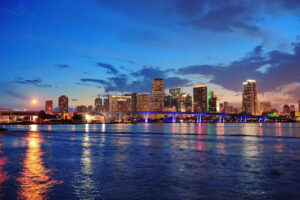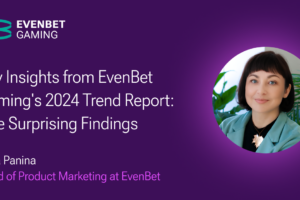Unlicensed gambling in Britain: BGC report highlights warning signs

The study suggests that access to unlicensed gambling is getting easier.
UK.- The Betting and Gaming Council (BGC) has published the results of a “shock new study” into unlicensed gambling in Britain. Conducted by microeconomics consultancy Frontier Economics, the study explored the size and economic costs of black market gambling.
The industry lobby group hailed the report as the “first major study on the black market since the publication of the previous Government’s White Paper on gambling reforms”. Overall, the report found the British gambling market to be highly regulated, with safer gambling tools, compliance monitoring, customer care interventions all monitored by the Gambling Commission.
However, the report suggests that the small size of the unlicensed market may have led to it being given insufficient attention. It suggests that access to illegal websites has become easier due to the increased use of virtual private networks (VPNs). This has led to illegal operators promoting their offerings via social media and messaging apps, including crypto casinos, which are banned in the UK. The report estimates that £4.3bn a year is wagered on unlicensed sites.
Andrew Leicester, associate director at Frontier Economics, said: “This report shows that most gambling today is done through regulated, visible channels. That is good news. But there are warning signs. The landscape is evolving quickly in ways that suggest black market gambling is getting easier to find and access.
“This report provides timely new evidence on the scale of the black market. Efforts to make gambling safer are important, but must avoid the risk of simply pushing more players and spending into unregulated providers who do not need to comply with regulations around safer play.”
The study surveyed 6,000 people to explore whether and how people are accessing black market gambling. It notes that unlicensed sites offered unrestricted play and required no verification, granting users anonymity. It raised particular concerns about the advertisement of affiliate websites promoting offerings as “non-GAMSTOP”.
The report found that 15 per cent of gamblers who responded to the survey, equivalent to around 2.8 million people when extrapolated, had heard of at least one of several black market sites listed. Sponsorship was cited as an important driver of awareness of black market operators behind social media adverts.
Meanwhile, the BGC has welcomed the re-election of Dame Caroline Dinenage to the UK government’s DCMS committee. As announced by House of Commons Speaker Sir Lindsay Hoyle, the Conservative MP, who represents Gosport, will continue to supervise the department including its responsibility for gambling policy.











